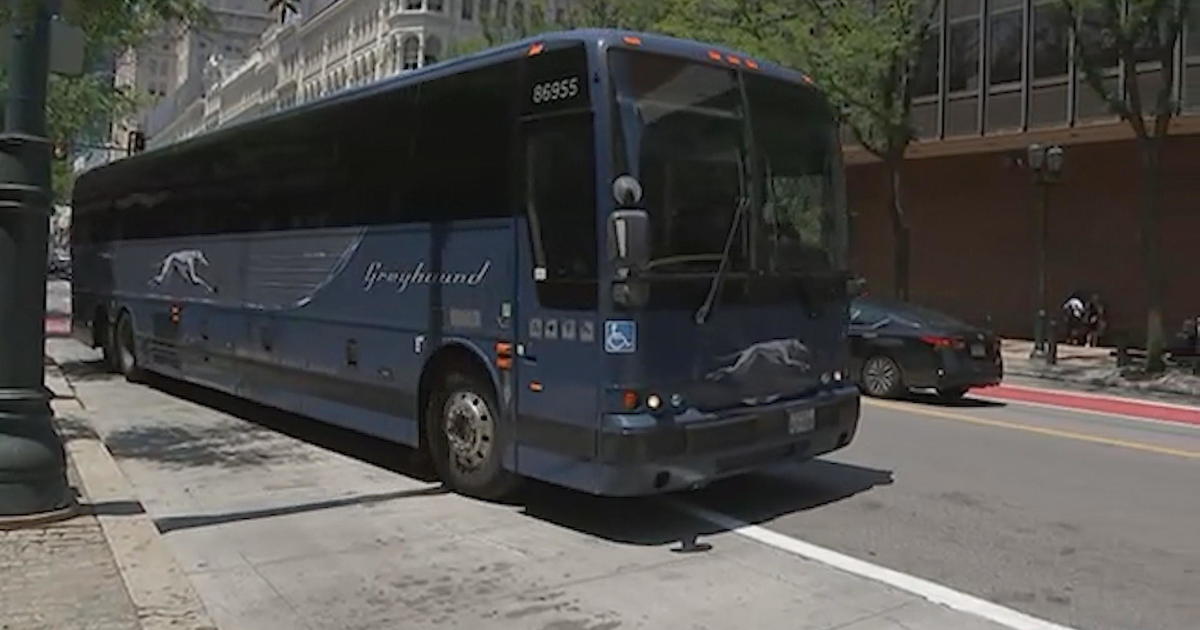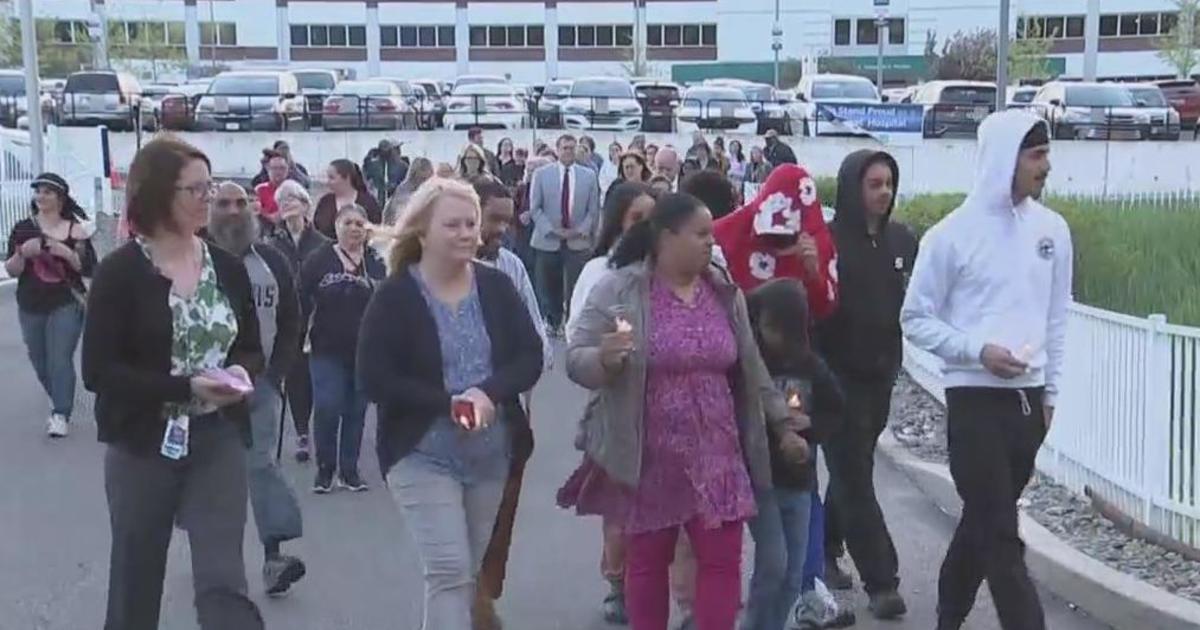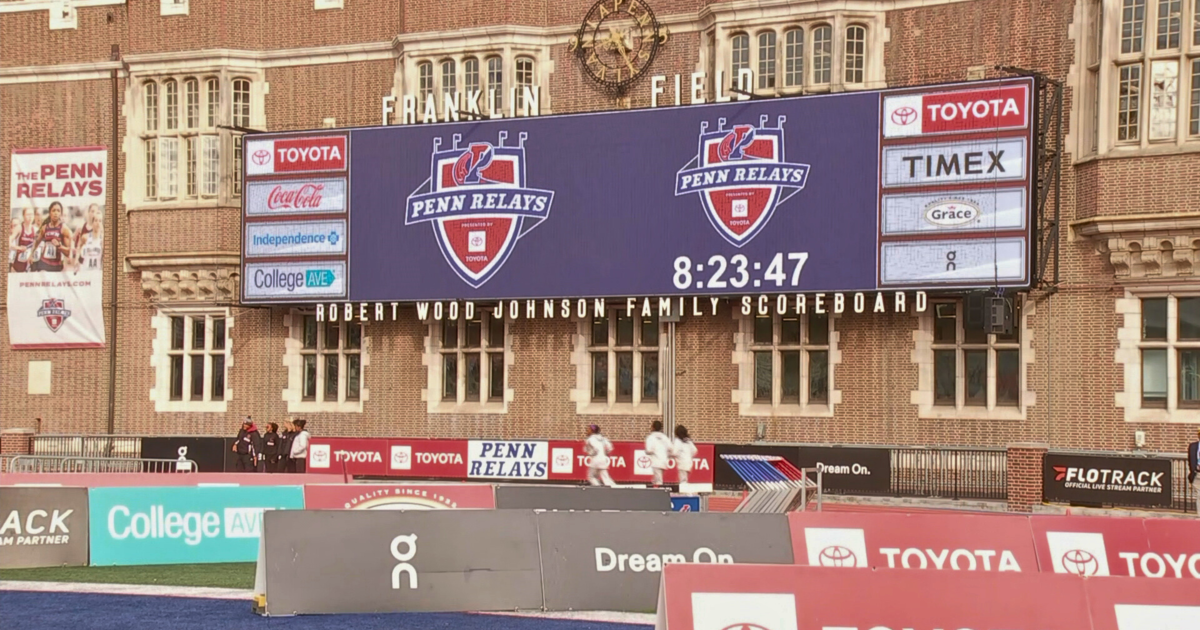Dangers Of Texting & Talking While Driving
Recent public awareness campaigns targeting both teens and adult drivers have resulted in a greater awareness associated with texting and driving. Even knowing that texting while driving makes a crash 23 times more likely to occur, nearly 40 percent of adults habitually continue to text while they drive. National statistics state that at any time of the day about 9 percent of drivers are talking on the cell phone resulting in about 26 percent of all car crashes involving cell phone use.
The popularity of mobile devices has had some unintended and even dangerous consequences. We now know that mobile communications are linked to a significant increase in distracted driving, resulting in injury and loss of life.
- The Virginia Tech Transportation Institute found that text messaging creates a crash risk 23 times worse than driving while not distracted.
- In 2012 The National Highway Traffic Safety Administration reported that driver distraction was caused 18 percent of all fatal crashes – with 3,328 people killed – and crashes resulting in an injury – with 421,000 people wounded.
- Forty percent of all American teens say they have been in a car when the driver used a cell phone in a way that put people in danger, according to a Pew survey.
- Eleven percent of drivers aged 18 to 20 who were involved in an automobile accident and survived admitted they were sending or receiving texts when they crashed.
The National Highway Transportation Safety Administration study found that texting while driving is the equivalent of driving after having four beers. Every month some 171.3 billion-text messages are sent in the United States alone, often with fatal consequences. No matter how quick you believe you are, texting requires cognitive, visual, and manual attention that is directly siphoned from your driving skills. According to the Institute for Highway Safety Fatality Facts, nearly 25 percent of all car accidents are caused by texting and driving. The Cohen Children's Medical Center in New York's 2013 study found that 300,000 teens are injured and more than 3,000 die each year as a result of sending a text message while behind the wheel. Approximately 11 teens lose their life every day because of texting and driving, overtaking drunk driving as the leading cause of death for America's teenagers.
If you or a loved one are hurt in a car accident and want to learn more about your legal rights contact the lawyers at Rosenbaum & Associates.
SCARY STATISTICS:
On average a driver takes their eyes off the road for 5 seconds to send a text message.
At 55 mph taking five seconds to read a text means that the driver travels the length of a football field without looking at the road.
1 in 4 car accidents involve the use of a cell phone.
Texting and driving is 6 times more likely to get you in an accident than drunk driving. It is actually safer for someone to get wasted and get behind the wheel than to text and do it.
Teen drivers have a 400% higher chance of being in a car crash when texting while driving than adults.
25% of teens respond to at least one text while driving, every single time.
When polled, 77% of adults and 55% of teenage drivers say that they can easily manage texting while driving.
Can those who send a Text Message be held Liable for a Crash?
Most people know it is illegal in Pennsylvania and New Jersey to use your cell phone while driving to send or receive texts, emails, or messages of any kind.
But a recent Pennsylvania court found under certain circumstances that a person who sends a text to person who is driving can be liable for damages if it contributes to an accident. In order to establish liability against the person sending the text it must be established that the sender knew or have reason to know that person receiving the text is driving and will view the text. A similar ruling was also made by a New Jersey Appellate court.
Although it may be difficult to prove the sender knew the person who sent the text knew the recipient was driving, there may be evidence in the text exchange itself. Cell phone records can be subpoenaed in litigation, so if someone texts you they are driving someone where it would be wise not to have an ongoing text exchange at that time.
Sponsored Content Provided By Rosenbaum & Associates.



